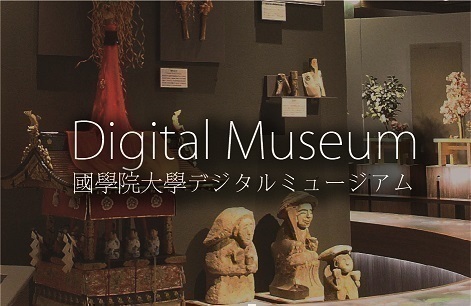- トップ
- Encyclopedia of Shinto
- Juka Shintō
Encyclopedia of Shinto
| Main Menu: | |
| Links: |
詳細表示 (Complete Article)
| カテゴリー1: | 8. Schools, Groups, and Personalities |
|---|---|
| カテゴリー2: | Medieval and Early Modern Schools |
| Title | Juka Shintō |
| Text | Teachings on Shinto as expounded by Japanese Confucianists. These teachings claim the unity of Shinto and Confucianism, or represent amalgamations of the two. With the rise to prominence of Confucianism at the beginning of the early modern period and the simultaneous stagnation of the previous theories of combinatory interaction between kami and buddhas (shinbutsu shūgō), Confucianists increased their interest in Shinto, moving to exclude Buddhism while using Confucianism to interpret Shinto. Many of the Confucianists of the day avidly expounded the teachings of Shinto. Among them were Yamaga Sokō, Nakae Tōju, Kumazawa Banzan, Kaibara Ekiken, Miwa Shissai, and others; the proponents of the Mito school of historiography also expounded their own version of Shinto. However, all held firmly to their original position rooted in Confucianism. In contrast to these, "Confucianist Shinto" in the narrow sense was promoted by a series of people who went beyond that position, and who advocated theories of Shinto founded in a philosophy of the unity of Shinto and Confucianism, even while maintaining the basic principles of Confucianists. Central figures in this group would include Hayashi Razan, who advocated his own Ritō Shinchi Shintō; Watarai Nobuyoshi (Deguchi Nobuyoshi), who promulgated early modern Watarai Shinto; Yoshikawa Koretari, who created Yoshikawa Shintō; and Yamazaki Ansai, who created Suika Shintō. Their teachings were carried on by the disciples in their lineages and had a profound effect on the Shinto of later years. Hayashi Razan took the view that "Shinto is encompassed within the Confucian Way," holding that "Shinto is none other than the Kingly Way (ōdō), that "there are no deities or principles apart from the mind," and that "the pure brilliance of the mind is the radiance of the gods" (Shintō denju). Watarai Nobuyoshi took the positions that "since both Shinto and the path of I Ching divination follow spontaneity, they are in accord with natural principle," and that "to learn from the books of [Confucian] sages of other lands while primarily adhering to our own realm is a good supplement for our Shinto." He preached that "the ultimate teaching of Shinto is to exert one's original mind and make it identical with the mind of the gods" (Jingū hiden mondō). Yoshikawa Koretari considered that "the Buddha-dharma is a teaching that destroys the principles of heaven-and-earth, yin-and-yang," while "Shinto is a Way in accord with heaven-and-earth, yin-and-yang, and that nourishes heaven-and-earth"; stressing a grasp of the "divine principle," he held that the Age of the Gods was the principle "inherent in our form and spirit," and that "despising the Self caused the divine principle to be concealed." (Shintō taii kōdan). Yamazaki Ansai raised the idea that the "gods dispense their munificence in response to the petitions and sincerity of people" and showed resolve, saying, "My hope is to stay fast to this [teaching] and never deviate to the end of my life" Suikashago. The various Confucian Shintoists have also transmitted numerous secret books and oral transmissions. -Ogasawara Haruo |




